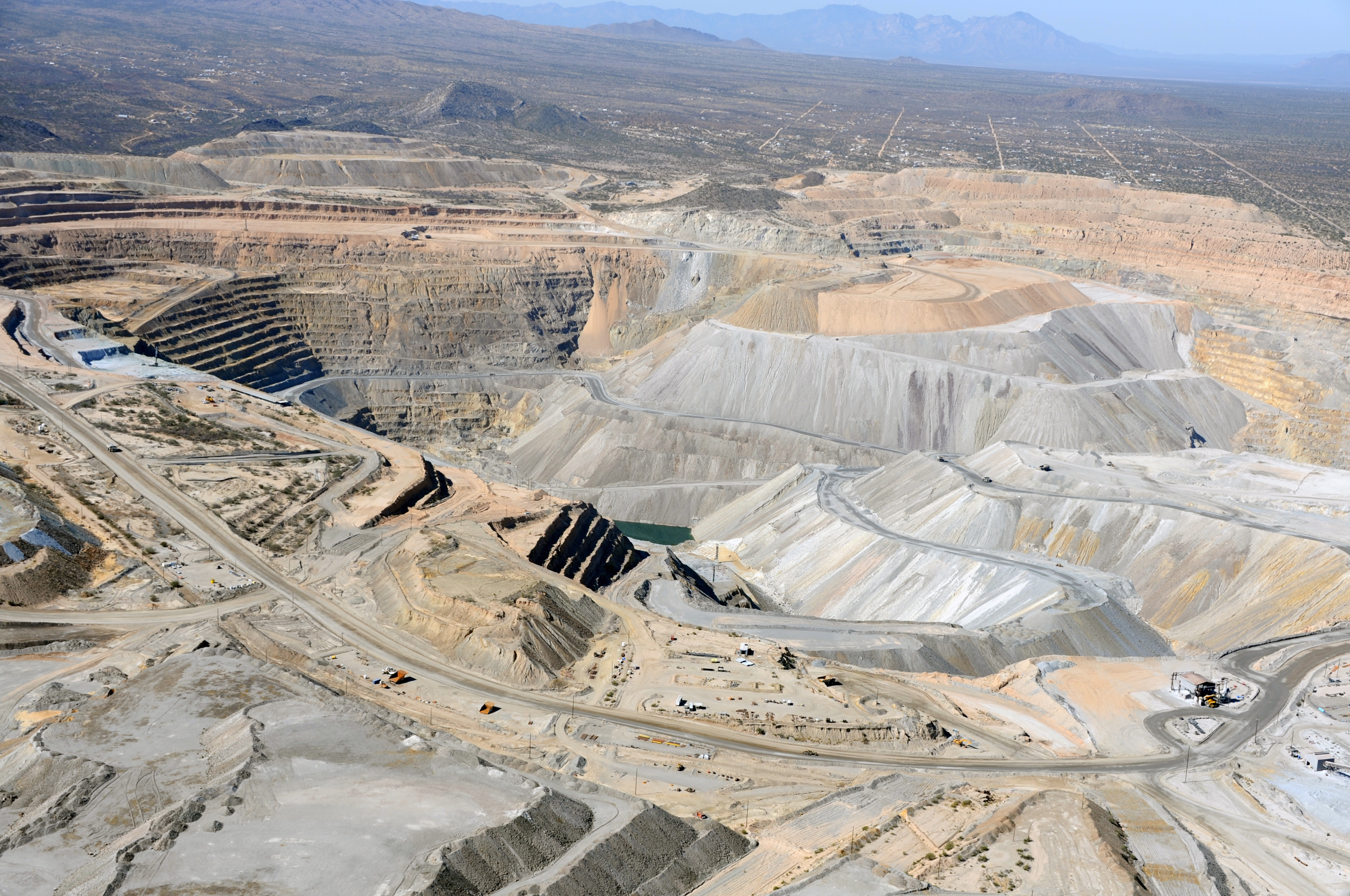Exploration companies are those that have the aim of finding new mineral deposits. Individual investors and venture capitalists typically finance these companies, that are typically privately-owned. They employ geologists, engineers surveyors, cartographers, and other experts to locate places to extract minerals. The discovery of a significant mineral deposit could lead to the rapid growth of an exploration business since they will have access to capital to further develop its activities.
Mineral exploration companies are generally thought to be smallor medium-sized businesses with annual revenues below $10 million. The majority of these firms are privately owned and do not have the option of trading their stock on an exchange and therefore, information on their activities isn’t as easily accessible as other types of companies. There are some publically traded exploration companies.
The mineral exploration industry has a unique niche in the economy as it begins production when new projects are discovered and then put into production. This means that, unlike traditional service or manufacturing industries that manufacture their products on a regular basis, mineral companies produce their goods in spurts.

Exploration company revenues are very dependent on fluctuations in commodity prices due the nature of the industry’s cyclical. Prices for commodities can be extremely unpredictable and fluctuate all through the year as they are affected by factors such as Chinese economic expansion, weather conditions that alter crop yields, and demand for petroleum-based goods to transport.
The revenue of exploration companies vary significantly between years because of the fluctuation in the prices of commodities.
In times of large demand for natural resources, exploration companies typically have a shortage of capital due to huge expenditures but only revenues. Venture capital is much more likely in these times, and can aid in keeping exploration companies in business even as commodity prices increase.
Most exploration companies are not listed on the exchange because of their industry-specific nature.
Mineral Exploration is closely linked to other resource-based industries like production of oil and gas mining coal, mining for metals. Many companies involved in mineral exploration also make products other resources.
The diversification of firms can help them reduce their exposure to fluctuations in commodity prices because they are not dependent upon a specific type of resource. The distinction between minerals is typically made using speculative grades and inferred resources, which implies that there hasn’t been any drilling.
Businesses often require further exploration in order to convert inferred or grade speculative into measured or indicated resources, also known as reserves. Both are crucial for every mining endeavor. This type of work is often conducted by junior exploration firms that specialize in early-stage mineral exploration.
Exploring mineral resources involves large upfront capital costs that could cause a lot of risk for exploration companies. It isn’t always guaranteed that they will discover valuable minerals. A company can expend significant amounts on pre-production expenses once an ore body is discovered. These include designing the mine, and buying long-term resources.
It is crucial to weigh the cost of exploration against future profits as it could take many years before the mineral resources can be made into a working mine. Many companies have joined forces with larger companies who can finance high-cost projects in order to make them operational as part of this joint partnership. Smaller exploration companies have the advantage of being capable of focusing on early-stage exploration and partnering with larger companies that can finance development activities later on.
Numerous factors influence the success of mineral exploration firms which include their ability to obtain equity or secure financing from large financial institutions or mining companies. Since it will be able to fund the project’s first stages of exploration, and development junior exploration companies require this source of capital.
If you are looking to learn more, click gold, silver and copper exploration
If an economic ore-rich body is found and pre-production costs are fully funded, it’ll typically be possible to issue stock or go public to raise capital to finance the construction or expansion of a mine. If there’s no demand for the shares of the company at any exchange of stock, it might choose to declare bankruptcy or be bought out by another mineral exploration company with better opportunities.
High-quality copper deposits are one of the most desirable minerals in the field of mining. They are able to earn huge profits from tiny quantities of ore and only 0.3 percent up to 0.7 percent copper by weight.
There are two types of mining companies: large and junior exploration firms. The major distinction between them is that the latter deals itself with massive, capital-intensive projects and resources that have proven and stable reserves (e.g. Bauxite, bauxite and the production of alumina) and the former is focused on exploration in the early phases of activities, high-risk projects , and resources (e.g. gold and diamonds).
